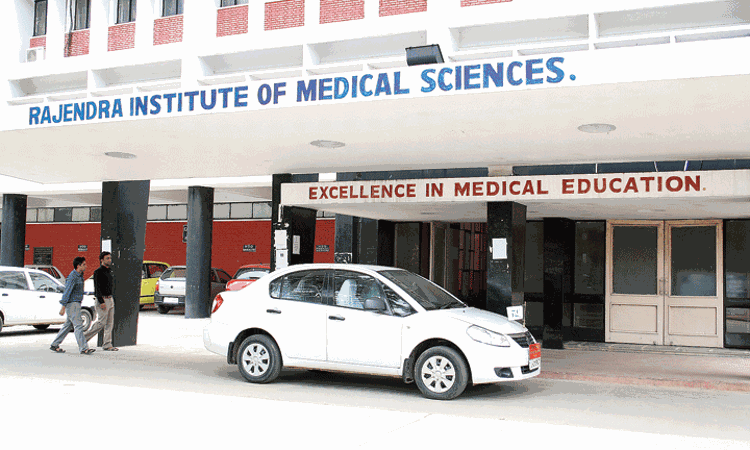Seniority Among RIMS Employees To Be Based On Order Of Merit In Selection: Jharkhand High Court
Bhavya Singh
2 Nov 2023 7:39 PM IST

Next Story
2 Nov 2023 7:39 PM IST
The Jharkhand High Court has held that seniority among employees at the Rajendra Institute of Medical Sciences (RIMS) should be established based on the order of merit at the time of their appointment to the relevant grade. The Division Bench of Justices Sujit Narayan Prasad and Navneet Kumar added that in this system, individuals selected earlier would be considered senior to those...
